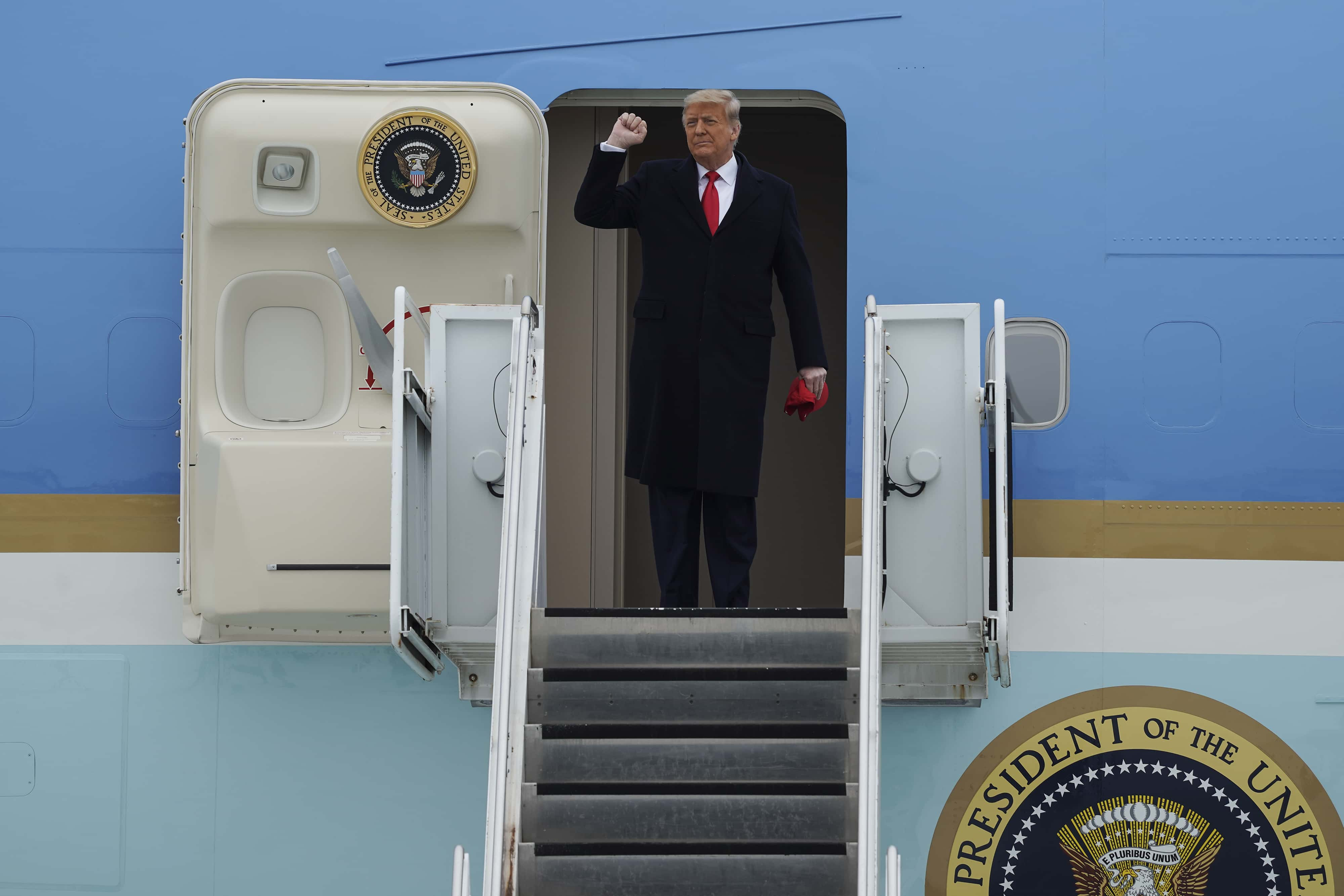Joe Biden's 100 days: While COVID-19 pandemic casts long shadow, flagging jobs and extremism raise the heat

Joe Biden was inaugurated as the 46th President of the US on January 20, 2021, after the incumbent Donald Trump lost an acrimonious race. The swearing-in of the Democrat came at an extraordinary time when the coronavirus pandemic had reportedly claimed the lives of more than 400,000 Americans and destroyed around 10 million jobs. Apart from these challenges, the new leader of the country has to tackle climate change and a country battling racial injustice. He has tricky days ahead of him and all eyes are on his 'first 100 days' in office which ends on April 30. “We are coming to this with a determination to meet these challenges with solutions as big as the problems are. Our goal is to rally the country behind that, mobilize the Congress behind that, start to make the changes we need to make to tackle these horrible problems,” White House chief of staff Ron Klain told TIME in January.
Soon after entering the Oval Office, Biden signed a number of executive orders, including the decision to rejoin the Paris Agreement and the World Health Organization and revoked his predecessor’s so-called Muslim ban, which banned immigration from several Muslim-majority countries. In the first three months of his tenure, the 78-year-old has also planned to vaccinate 100 million Americans, authorize the Defense Production Act to increase the vaccine supply, and safely reopen most elementary and middle schools. To achieve this the new government has formed a team of public-health experts, which includes a former commissioner of Chicago’s health department, Dr. Bechara Choucair, who will be the White House vaccinations coordinator, and Dr. David Kessler, a former head of the Food and Drug Administration. Dr Choucair has been given the responsibility to run the response from the West Wing while Dr Kessler has been asked to work with the Department of Health and Human Services to increase vaccine supplies.
READ MORE
Joe Biden and Kamala Harris's close bond 'won't last' for four years, says expert: 'All VPs want the top job'
But getting enough doses of the vaccine to the public is not Biden's only issue, he also has to work towards depoliticizing face masks. The President will reportedly be seen urging business and religious leaders to normalize the wearing of masks, which was not taken seriously by the former administration as claimed by the Biden camp. Jeffrey Zients, who is coordinating the Biden administration’s response to the Covid-19 pandemic said, “The Trump Administration has never had a federal comprehensive strategy. They’ve never put the infrastructure in place to ensure vaccinations make it into the arms of the US population.” While Dr Leana Wen, a former health commissioner of Baltimore and current visiting professor at the George Washington University School of Public Health, stated: “There has been nearly a year of disinformation around the pandemic, and to repair that is going to be an extraordinary task.”
Another major task before Biden is reviving the economy. Even before becoming the President, Biden said that getting the US economy on track was one of his main agendas while in office. “More than 20 million people are on unemployment. Millions are worried about making rent, putting food on the table. Our economic plan will put a focus on a plan to a strong recovery,” he had said. As per reports, to make his plan work, the President will be investing in sustainable job creation, promising more than 250,000 jobs to counteract the adverse effects of shrinking mining jobs. He will also launch a plan to "dramatically increase union density and address economic inequality" in his first 100 days.
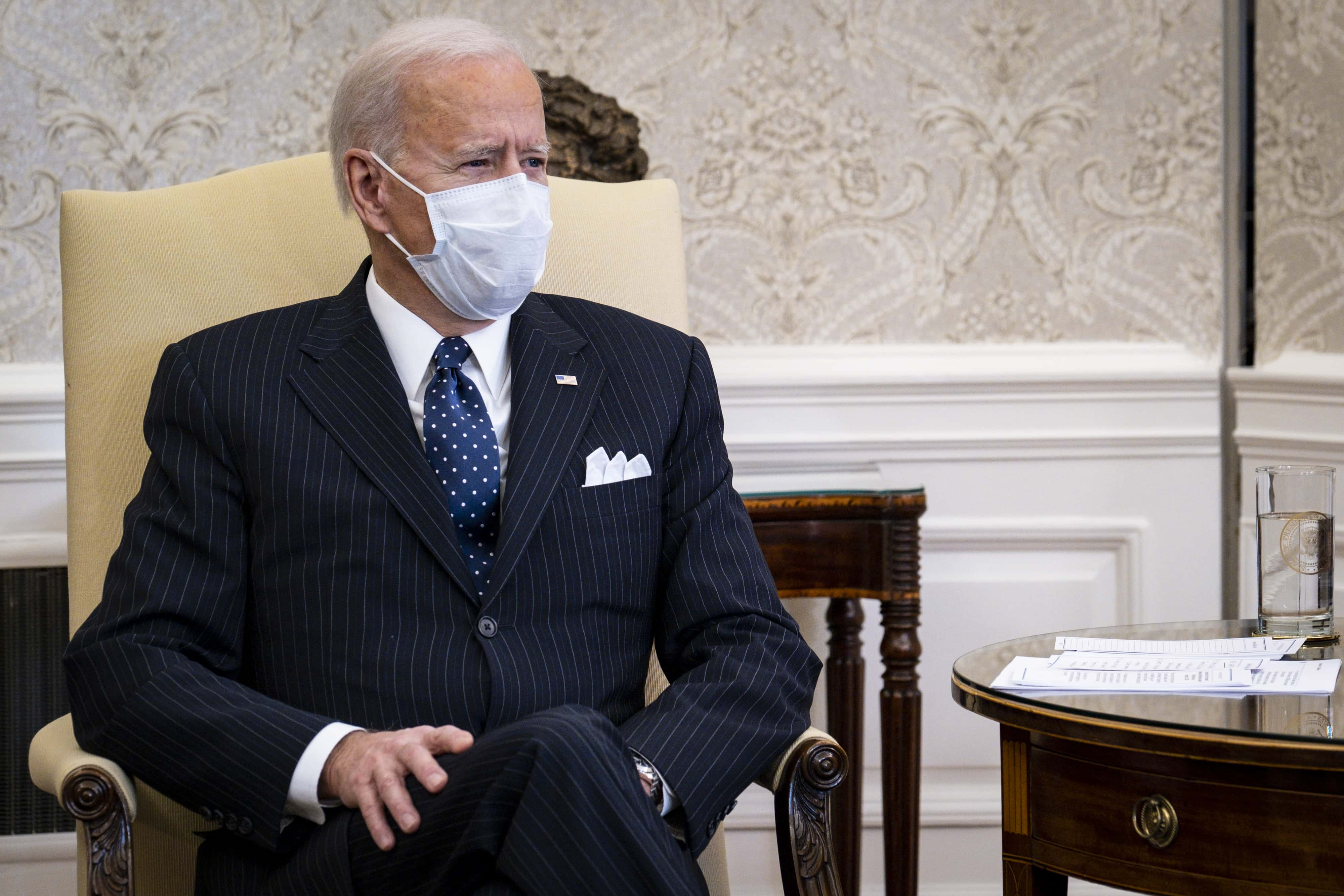
The challenges of racial injustice and climate change also loom over Biden. To tackle this his administration has appointed Susan Rice, the head of the Domestic Policy Council, to oversee the government’s racial-equity initiatives, which will analyze how the government can maximize resources for minority communities and ensure diversity within its own ranks. Along with this, the former vice-president is introducing initiatives to expand access to healthcare for women of color and reform the criminal justice system.
While in the climate area, along with rejoining the Paris Agreement, Biden has reversed the Keystone Pipeline permit and ordered federal agencies to re-establish environmental regulations Trump had withdrawn. He is also expected to use the federal government’s purchasing power to drive demand for green products, like buying low-emission vehicles and other eco-friendly goods. Though experts believe that 100 days is a very short time to untangle America’s interlocking crises, they also think the initial weeks may be Biden’s best chance to succeed. “What we’re promising the American people is progress in those 100 days, a lot of hard work, getting things from moving in the wrong direction to moving in the right direction. That’s going to be the measure of our success,” Klain added.
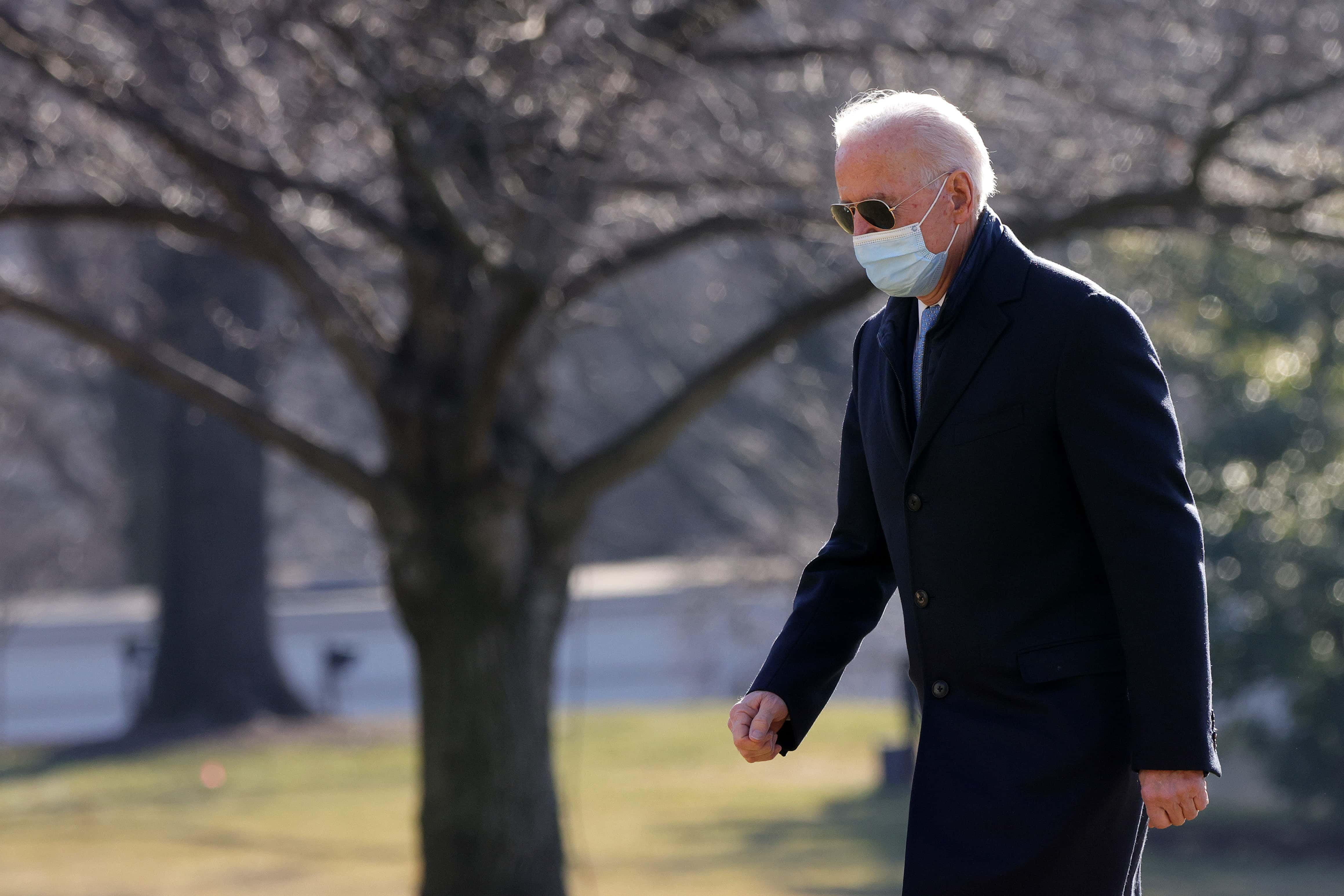
What are the origins of the '100 days' benchmark?
As per reports, it was former President Franklin D. Roosevelt, who introduced the concept of “100 days” in politics. Roosevelt took office in 1933 when the country was dealing with the Great Depression. At the time, America was facing numerous crises -- health, economic and racial -- and to tackle those FDR launched several programs that comprised his New Deal, including 15 major pieces of legislation in the first 100 days. The steps taken by Roosevelt transformed America and also boosted his popularity, which eventually resulted in a first 100-day standard against which the capabilities of all future presidents would be measured.
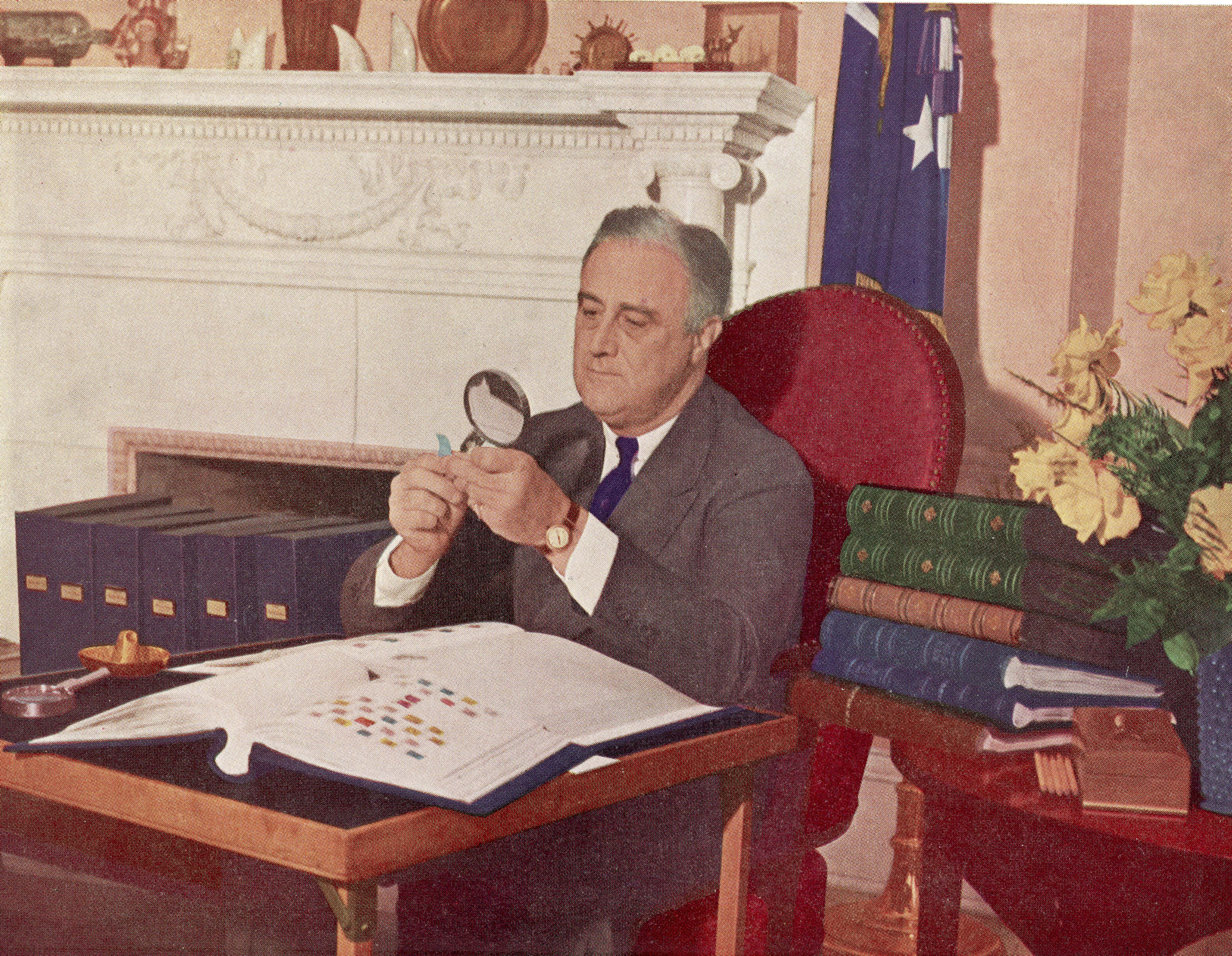
It has also been said that the concept of '100 days' or 'Cent Jours' was first coined in France, which refers to the period in 1815 between Napoleon Bonaparte’s return to Paris from exile on the island of Elba and his defeat at the Battle of Waterloo, after which King Louis XVIII regained the French throne.
How is Biden's presidency different from the last three Presidents?
Unlike Biden, who is facing a pandemic along with several other crises, his predecessors’ faced different kinds of challenges. George W. Bush assumed the presidency in 2001 when the dot-com bubble was popping. However, the September 11 attacks happened and things drastically changed. The recession which seemed to be fading, suddenly deepened after the terrorist attacks. Also, it gave birth to the war on terror. On September 20, 2001, while addressing Congress and the country, Bush declared, “Our war on terror begins with al Qaeda, but it does not end there. It will not end until every terrorist group of global reach has been found, stopped and defeated.” Though Bush won reelection, his terms began and ended with a stock market crash, which resulted in a lost decade for investors.
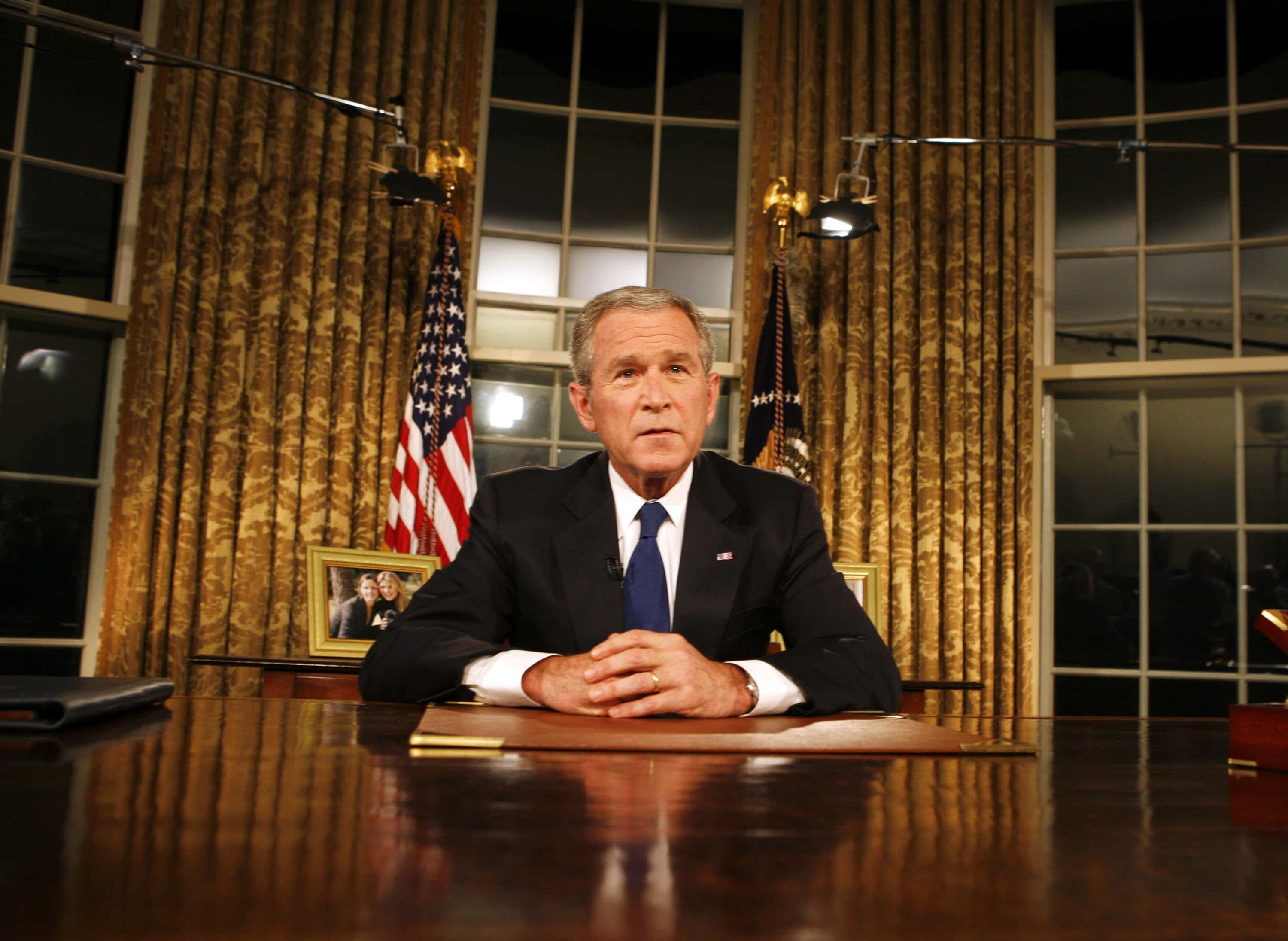
Barack Obama was handed a suffering economy. The other top issues were unemployment, the federal budget deficit, dissatisfaction with the government, and healthcare. During his two terms in office, Obama mostly tackled those successfully while battling through what is known as the Great Recession.
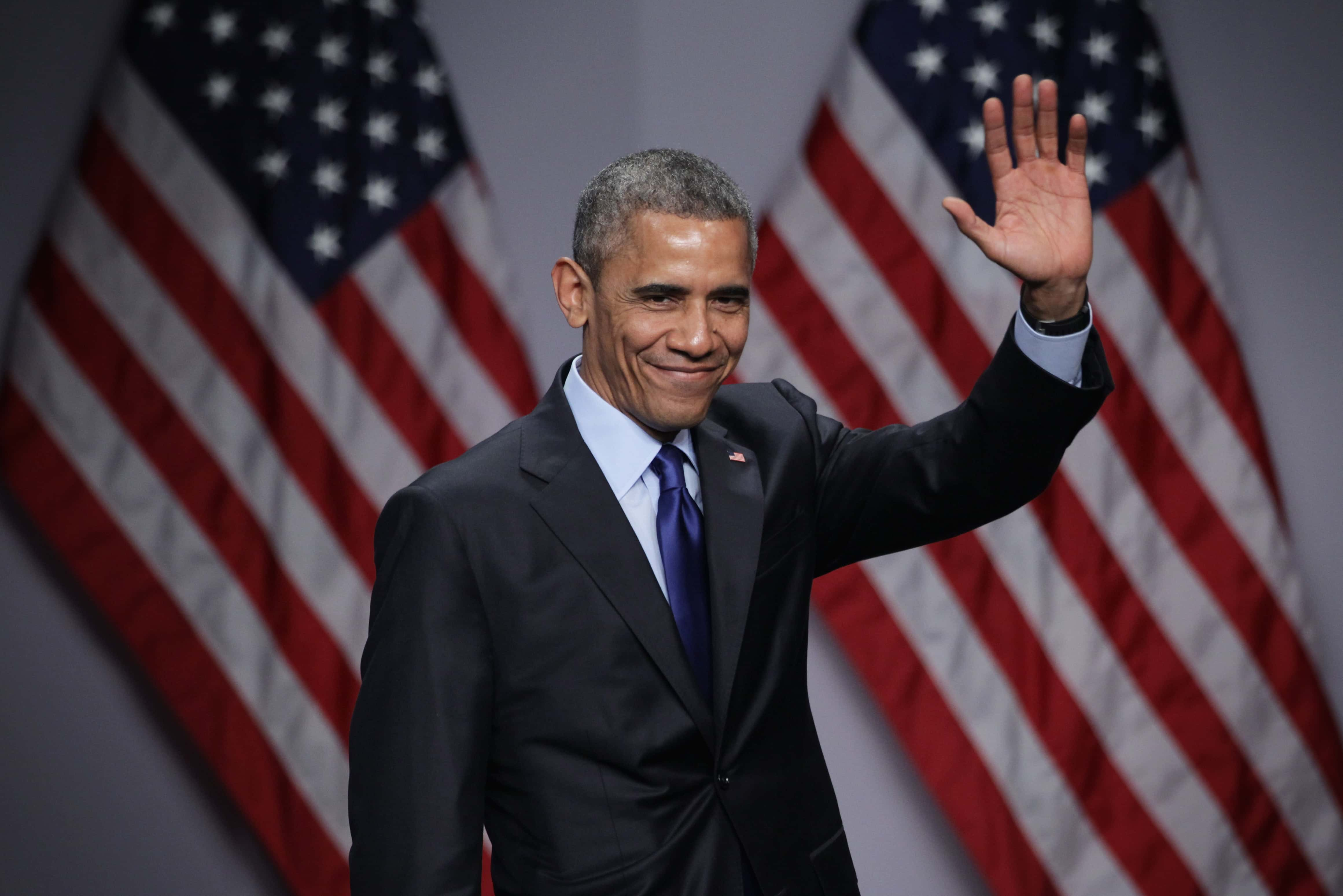
Donald Trump took office in January 2017 after a long period of economic expansion. Much of his tenure was about his controversial policies, but the economy performed well, especially for blue collar workers who finally started to see their income increase for the first time since the Great Recession. However, the real challenge Trump and his administration faced at the beginning of 2020 was when the coronavirus pandemic broke and the Republican did not perform well during the crisis -- one of the primary reasons for his defeat in the 2020 presidential race.
